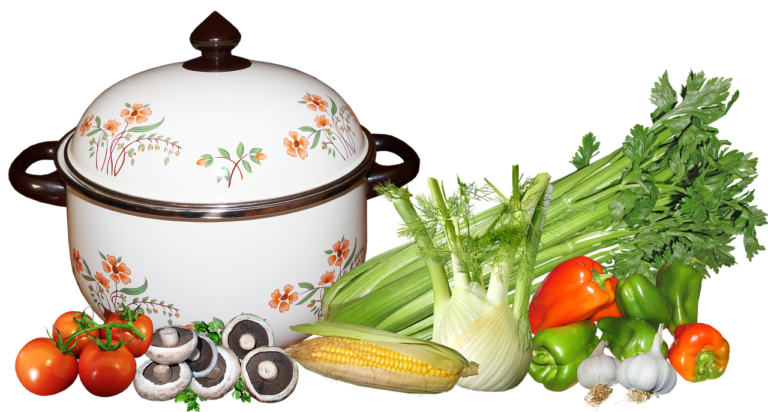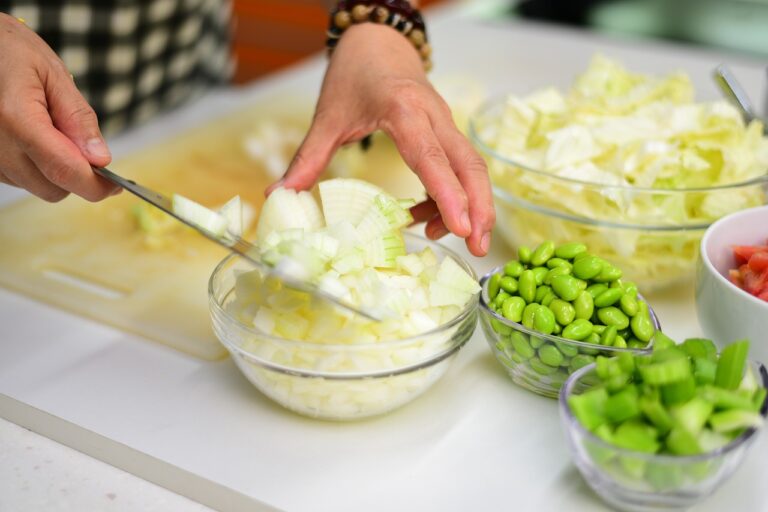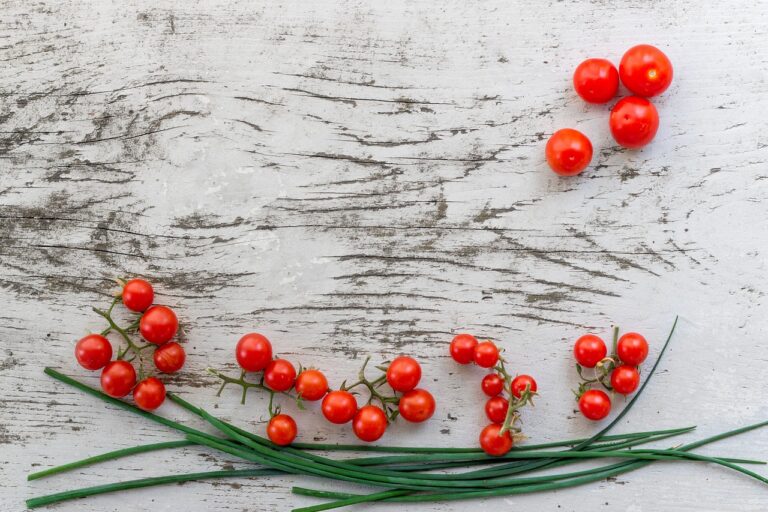The Art of Seasoning: Unlocking the Full Potential of Your Cuisine
Seasoning, the culinary technique of enhancing flavors through the addition of substances, elevates the experience of eating. From the aromatic blend of herbs and spices to the tangy zest of lemon, seasoning transforms ordinary ingredients into culinary masterpieces.
Salt: The Culinary Foundation
Salt, a mineral composed primarily of sodium chloride, holds the key to unlocking flavors. Its salty taste balances sweetness and bitterness, highlighting the inherent flavors of food.
Types of Salt
- Table salt: Refined and iodized, this is the most common salt used in cooking.
- Sea salt: Naturally harvested from seawater, sea salt is often considered more flavorful than table salt.
- Kosher salt: Coarser and less refined, kosher salt is ideal for salting meat or as a finishing touch on dishes.
Spices: A World of Aromatics
Spices, derived from plant materials such as roots, seeds, or bark, add a vast array of flavors and aromas to food. They can be used whole, ground, or in blended combinations.
Common Spices
- Black pepper: The most versatile spice, black pepper adds heat and complexity to almost any dish.
- Cumin: Earthy and smoky, cumin is a staple in Middle Eastern and Indian cuisine.
- Paprika: Made from ground sweet or hot peppers, paprika adds vibrant color and a mild heat to dishes.
Herbs: The Fragrant Enhancers
Herbs, the leafy greens of aromatic plants, bring a burst of freshness and herbal notes to food. They are often used fresh or dried.
Popular Herbs
- Basil: Aromatic and slightly sweet, basil is a key ingredient in Italian cuisine.
- Thyme: Earthy and slightly minty, thyme is versatile and can be used in both savory and sweet dishes.
- Oregano: Strongly flavored, oregano is a staple in Mediterranean cooking and adds depth to sauces and marinades.
Acids: Balancing the Spectrum
Acids, such as vinegar, citrus juice, or wine, play a crucial role in seasoning by balancing the flavors of other ingredients. They add brightness, acidity, and complexity.
Types of Acids
- Lemon juice: Bright and tart, lemon juice is a versatile acid that can be used in dressings, marinades, and cocktails.
- White wine vinegar: Versatile and slightly acidic, white wine vinegar is often used in salad dressings and sauces.
- Apple cider vinegar: Rich and slightly sweet, apple cider vinegar is ideal for vinaigrettes and marinades.
The Role of Seasoning Techniques
The way in which seasoning is applied affects the final taste of the dish. Common seasoning techniques include:
- Salting before cooking: Enhances the flavor and tenderness of meat.
- Marinating: Soaking food in a flavorful solution to infuse it with flavors.
- Basting: Applying a flavorful liquid over food while cooking to add moisture and flavor.
Conclusion
Seasoning is an essential culinary skill that elevates the taste and enjoyment of food. By understanding the role of salt, spices, herbs, acids, and seasoning techniques, you can unlock the full potential of your culinary creations. Experiment with different combinations to find your preferred flavors and create dishes that tantalize taste buds and leave a lasting impression.

























